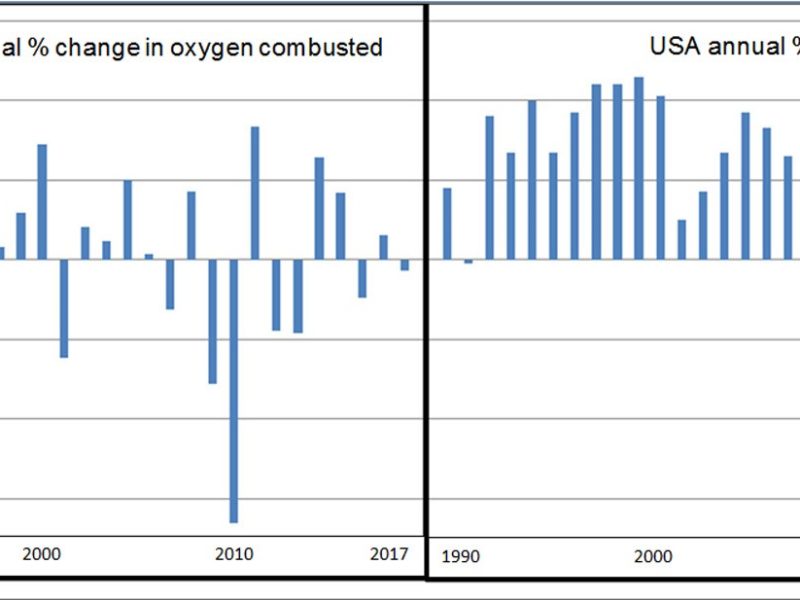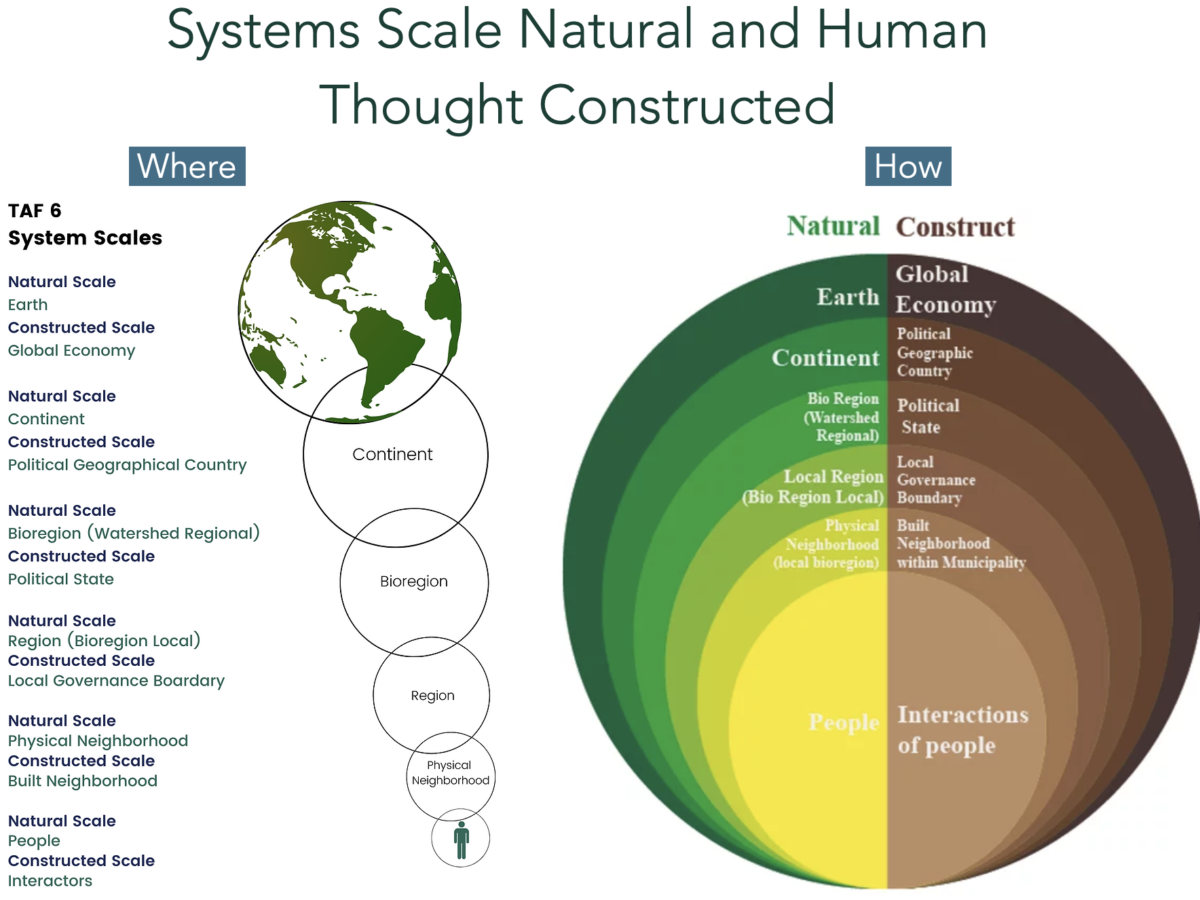Editor’s Choice

Learning New Ways of Becoming Human
As the Club of Rome celebrates this year the 50th anniversary of “The Limits to Growth”, many tragic circumstances converge to outline the limitations in our capacity to learn what we already know. This inspires us to revisit the Club of Rome report “No Limits to Learning”, published in 1979, and deal again with the essential question: when will we learn?

Living Machines as a Possible Treatment for Ibuprofen in Wastewater
Historically, wastewater treatment has focused on disinfection and reducing nutrient concentrations, but there is now growing concern over the increased concentrations of pharmaceutical compounds in agricultural and human wastewater. More comprehensive conventional wastewater treatment, however, leads to increased resource and energy consumption and greenhouse gas emissions. Living Machines are alternative, decentralized ecological wastewater systems that have been successful at disinfecting and reducing nutrient loads in wastewater with lower capital and operating costs and improved energy efficiency. We conducted preliminary experiments using small-scale Living Machines to test their effectiveness at reducing a common pharmaceutical, ibuprofen, which is increasingly used in the agricultural sector and for human health. We found that these Living Machines were efficient and effective in reducing concentrations of ibuprofen in wastewater, even at input levels much higher than reported in the literature, and hence show promise for a range of possible applications.

Foundation for Climate Restoration: Equity as the Fourth Principle to Climate Restoration
Background “It is important that the consideration of carbon removal be pushed beyond technical consideration of ’how much carbon at what cost’ and beyond the boundaries erected by too-narrow readings of climate modeling results towards much deeper examination of the social, environmental, political, and other implications.”[1] ~ Simon Nicholson Climate change is a universal problem that […]
ON THE Ground
Featured

Meat the Future, a solution for humane and climate conscious animal agriculture
Liz Marshall (Liz Mars) and Bullfrog Films As someone who chooses plant-based foods in order to lessen the climate and environmental impacts from conventional meat production, I am encouraged by Meat the Future, directed by Liz Marshall. This documentary highlights a hopeful advancement in food science and a possible solution for inhumane greenhouse gas producing large-scale…
Keep readingEnvision the Future

Reckoning GDP by Counting Chemical Bond Exchanges
Dollar values assigned to economic activity, through ignorance or design, can be misleading. There is an objective, scientific currency that can serve as a check on money-based reports on how much a nation has produced.

The answer is not Eco-Socialism … It is Eco-Anarchism
Part 1 of this discussion dealt with differences between Socialist and Anarchist perspectives on the global situation and on implications for the form a sustainable and just society must take. Part 2 explains how an understanding of our situation and the social form required to resolve it leads to implications for revolutionary strategy which also contradict those within traditional Socialist theory and practice.
Blog

Aligning Values of Place
On January 5th, 1914, Henry Ford disrupted the entire United States and the world’s industrial economy when he announced manufacturing wages in his factories were now $5 a day. While flawed in application (the full wage was only available with a moral prudence standard outside of work as well), the wages gave Ford a competitive edge in the employment pool. The pay also ushered in the […]
Support
The Solutions Journal

Join The Solutions
Journal Community
Buy Issue and Article PDFs
Solutions in history

A Brief History of Sustainable and Impact Investment: It’s Still Not Too Late to Save the Planet
Sustainable and impact investment are on the rise around the globe today. Integration of environmental, social, and governance (ESG) factors into investments is an increasingly accepted […]
noteworthy

Making Sustainable Palm Oil A Reality With Palm Done Right
Palm oil is an ingredient as widespread as it is controversial. Found in products like food, cosmetics, soap and even detergent, it is a hot topic among those concerned with the environment, animal welfare, and food justice. In the media there has […]

UK’s HM Treasury Review of the Economics of Biodiversity Provides a Compelling Framework for Action
We all know the crisis brought by the pandemics of COVID-19 has shaken the world. The loss of life and massive disruption in everyday work is too evident to be mentioned again. The global economy has been hit the hardest, bringing an […]













